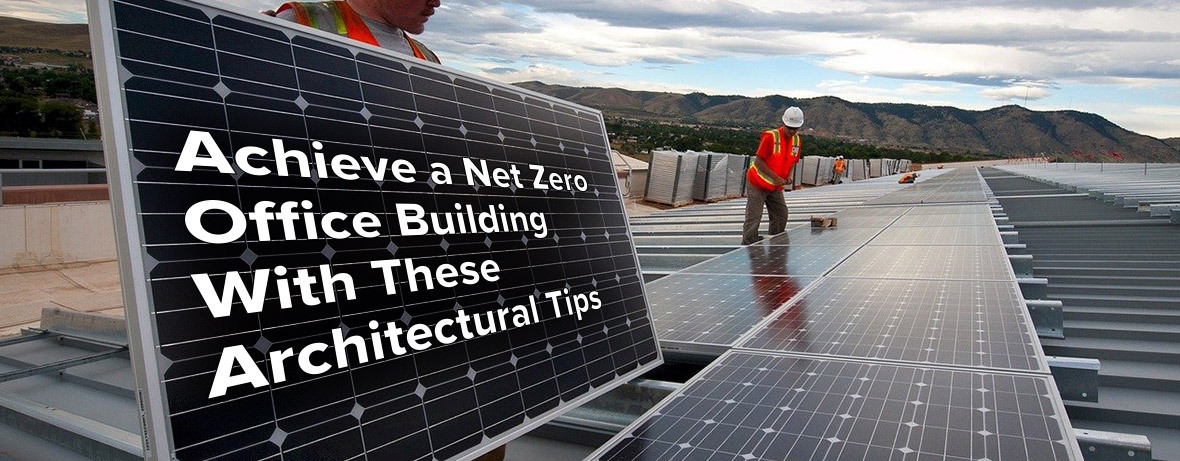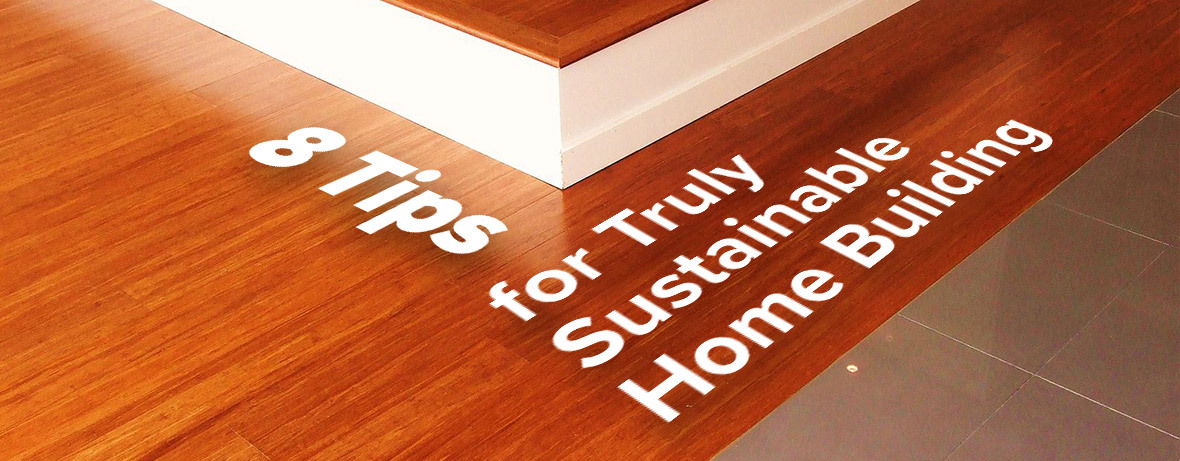
House Framing 101 - How to Select the Best Framing Option for Your Home

5 Reasons Why Hotels Should Use ICF for Swimming Pools
Whether you desire to build an above-ground or below-ground pool, you can enjoy the design flexibility of ICF pool construction.

Achieve a Net Zero Office Building With These Architectural Tips
Architects can achieve an NZE office building with innovative materials and methods. Please read on for ten architectural tips for designing an NZE office building.

12 Easy Steps for High-Performance, Healthy Homes
Builders and homeowners that follow these 12 easy steps for home design and construction will create a high-performing and healthy home that is comfortable and safe.

Home Climate Control: How to Prepare for When the Power Goes Out

8 Tips for Sustainable Home Building

Indoor Riding Arena Plans: How to Design the Perfect Equestrian Space
Professional builders and contractors planning equestrian or multi-use facilities face more than structural demands.

10 Ways to Lower Homeowners Insurance Rates
Homeowners insurance is essential for protecting your property and assets, but it doesn’t have to break the bank. Learning how to lower home insurance premiums can lead to substantial savings.

Building Stability: How to Construct Strong and Stable Structures
Creating durable structures that endure time and nature is a crucial aspect of modern construction. Ensuring stability, strength, and sturdiness involves more than material selection — it requires a grasp of construction science.

Built to Weather Any Storm, Resilient Buildings Strive to Withstand Climate Events